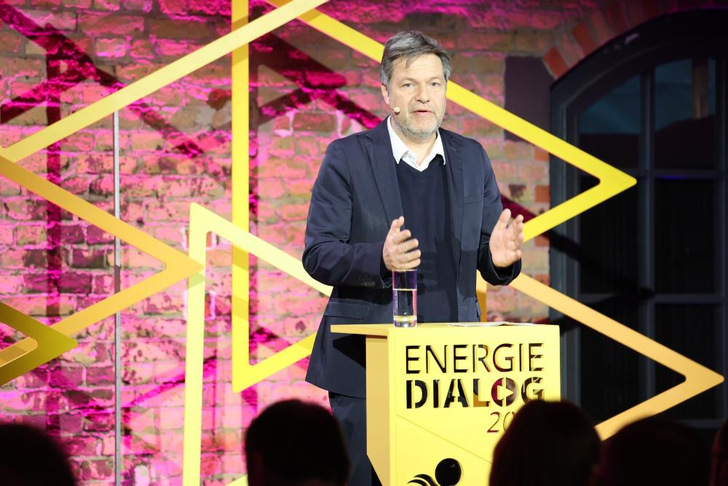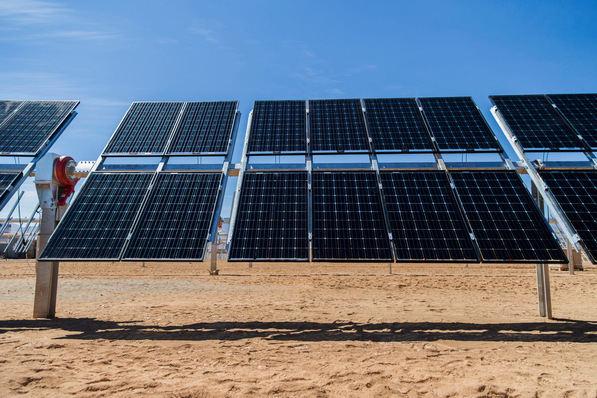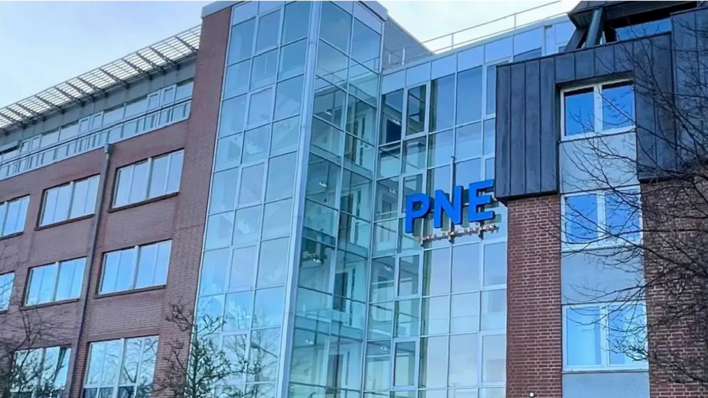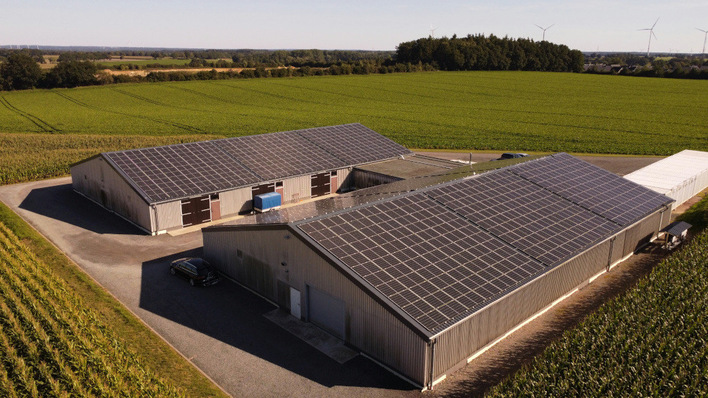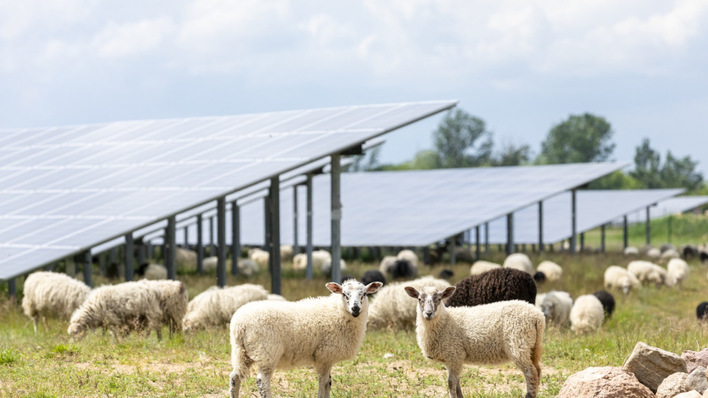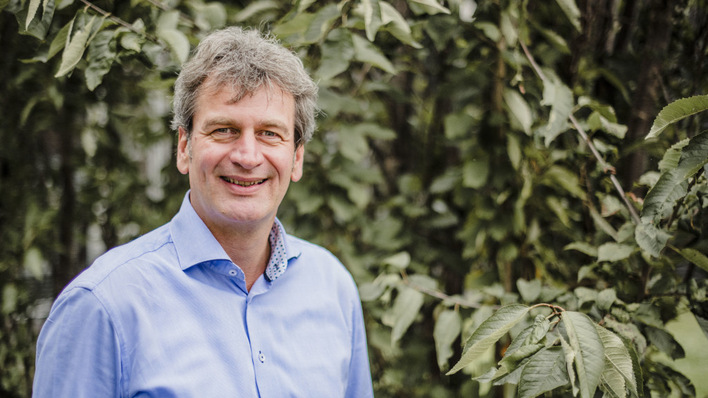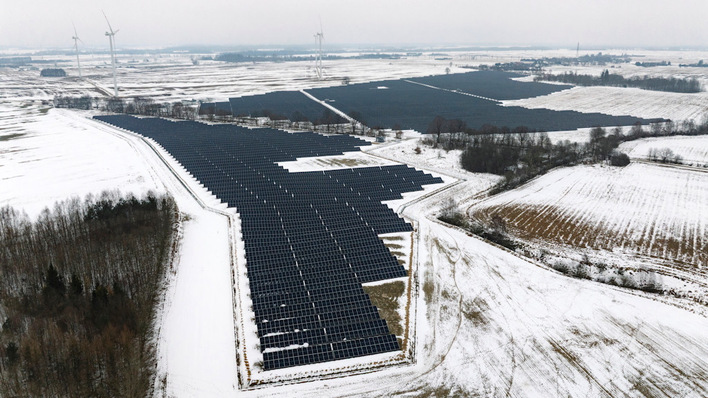The prominently attended event, with the engaging keynote speaker Federal Minister of Economics Robert Habeck, revealed few lines of conflict and spread a mood of optimism. It became clear that BEE as well as the German Chemical Industry Association (VDI) and the transmission system operators essentially support the energy transition policy of the German government and the Ministry of Economics, respectively.
"We are taking on this task," said VCI President Markus Steilemann, CEO of Covestro. "We want the turnaround, we can do it," emphasized Stefan Kapferer, head of 50 Hertz. "I am confident" that the foundation for a successful energy turnaround has been laid with the work of the traffic light government in its first year, emphasized BEE President Simone Peter. "How great it is in bold times to realize a bold project," Habeck said.
"Boldness is what we need now".
"What we are doing here is not a game," the German Economics Minister stressed, referring to galloping global warming with all its negative consequences, including for water supplies. Now, he said, it was a matter of slowing down global warming; it was no longer possible to stop it. If Germany does not manage to make its contribution to this, it will not be able to demand this from other countries in the future. "The energy transition is also security policy," Habeck said, referring to the "bloodbath in Europe," the Russian war of aggression on Ukraine, and the disruption and dislocation it has caused.
But if used properly, markets are capable of accomplishing great things in a short period of time, Habeck stressed, pointing to the achievement of breaking away from fossil fuel dependence on Russia in a matter of months. "Boldness is what we need now, we have all the prerequisites for that," the vice chancellor said. But some things would have to change to achieve decarbonization, he added.
Praise for EU emergency regulation
In this regard, Habeck, like the other panel speakers, mentioned first and foremost speedier approval procedures for renewable plants and grid expansion, including of distribution grids. "We have gotten into the habit of replacing political decisions with legal procedures," he said. But now it is time to take political responsibility, even for sometimes unpopular measures, and to take some risks, Habeck warned.
However, this does not mean, for example, that nature conservation concerns should no longer be materially taken into account. But speeding up procedures, as now provided for by the EU Emergency Ordinance, does not represent a material weakening of the consideration of nature conservation concerns, the Economics Minister said. In any case, the duration of approval procedures does not guarantee their quality.
Plea for additional backup power plants
At the same time, Habeck also called for more "political discipline" in committing to the energy transition and climate protection targets already adopted during the grand coalition. What is now required, he said, is greater system integration in the energy sector. The new electricity market platform soon to be launched under the auspices of the Federal Ministry of Economics and Technology (BMWK) is intended to promote this. An important element here is the rapid invitation to tender for additional capacities of gas-fired power plants to ensure security of energy supply even on days when there is hardly any wind and little sunshine. Habeck stressed that this should be tackled soon and that "large capacities should be put out to tender this year". This is because it is a matter of compensating for the loss of the remaining three nuclear power plants in Germany and the coal phase-out.
Did you miss that? European Parliament supports Solar Rooftops Initiative
In order to cushion the dark lulls, backup power plants are needed that do not run permanently but can quickly start up flexibly at full power. In a transitional phase, these would still be operated with natural gas, then with hydrogen. For this, however, the market conditions would have to change in order to provide appropriate financial incentives for investors or operators, the Vice-Chancellor said. Ultimately, it is also about securing Germany as an industrial location and the supply of industry with molecules, not just with electricity, Habeck said.
50Hertz CEO Kapferer also emphasized that additional backup power plants are needed at least on some days of the year. There is high pressure to act here, he said. He pointed out that shortly before Christmas, 85 percent of grid electricity on some days came from conventional generation.
Peters renews criticism of Contracts for Difference
The need for an additional backup of the power supply and the necessity of providing molecules for industry was also emphasized by BEE head Peters. However, she believes that a flexible backup of bioenergy, storage, combined heat and power and sector coupling, including electrolysers for the use of renewable surplus electricity for green hydrogen production, is the best way to achieve this.
This, he said, is the "magic formula for flanking wind and solar." However, Peters said that this requires "a business motivation across the entire market, not rigid moderation through contracts for differences." She was thus referring to the planned broad introduction of Contracts for Difference (CfD) as part of the reform of the European electricity market design.
Consensus on competitive industrial electricity price
However, there was no opposition from the BEE President or the Federal Minister of Economics to VCI head Steilemann's call for "competitive industrial electricity prices" in Germany of 4 to 5 cents/kWh. After all, the generation costs of wind and solar power are already below this level in some cases. A higher share of renewables in the electricity mix leads to a lower electricity price, Kapferer emphasized. "Super" that the industry, has also recognized this.
Habeck added that the transformation for a decarbonized - chemical - industry in Germany and Europe is an enormous challenge. It is clear that this will also cost something and that more must be done for this, the Federal Minister of Economics also emphasized with reference to his recent trip to the USA and the Inflation Reduction Act there. (hcn)
Also interesting: Obstacles continue to slow down agri-PV in Germany


